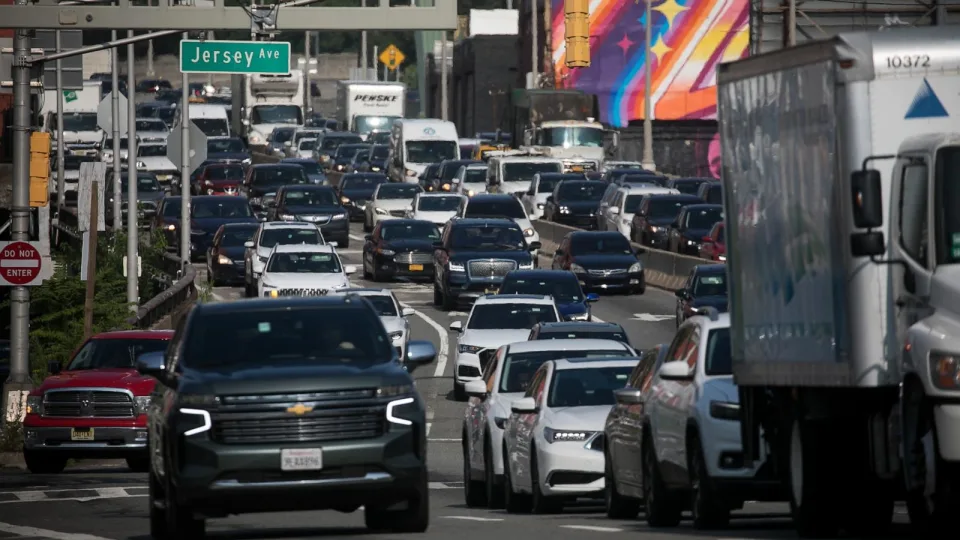The MTA Board, acting as the Triborough Bridge and Tunnel Authority board, has set toll rates for New York City’s Central Business District, which is a big step forward in the city’s efforts to put congestion pricing into action. The decision was made on March 27, 2024, with an 11 to 1 vote after consulting the public and refining the rates recommended by the Traffic Mobility Review Board on November 30, 2023.
The approved tolls state that passenger vehicles and small commercial vehicles with a valid E-ZPass will be charged $15 during the day and $3.75 at night for entering Manhattan’s congestion relief zone below 60th Street. MTA Chair and CEO Janno Lieber commented on the vote’s importance, saying,Today’s vote is one of the most significant the Board has ever undertaken, and the MTA is ready.He also outlined the MTA’s preparatory actions, including improved subway services, bus network redesigns, and the largest service increase in Long Island Rail Road’s history, all aimed at using congestion pricing revenue for significant transit improvements.
For larger vehicles, such as trucks and buses, toll rates will vary based on size and function, with motorcycles being charged $7.50 during the day and $1.75 at night. The toll scheme also introduces a $1.25 charge per trip for yellow taxi, green cab, and black car passengers, with app-based for-hire vehicles incurring a $2.50 fee. There are exemptions for certain vehicles, and discounts and tax credits for low-income vehicle owners and residents have been announced.
Explaining the MTA’s approval of the $15 toll for passenger cars entering downtown Manhattan, Aaron Katersky highlighted the city’s leading position in adopting congestion pricing. Despite the plan’s aim to reduce congestion and pollution and raise funds for transit, it is facing opposition and legal challenges. New Jersey Governor Phil Murphy criticized the plan as a “blatant cash grab” targeting commuters from New Jersey, saying,The MTA’s actions today show that they are determined to violate the law to balance their budget by charging unfair tolls to New Jersey commuters. We will continue to explore every option to protect our residents from an unfair tolling scheme that discriminates against New Jerseyans, especially lower and middle-income drivers.The proposal also includes exceptions for important service cars and gives price cuts to drivers who make less than $50,000 a year.
Set to begin in mid-June, the congestion pricing plan aims to deal with the large number of over 900,000 cars coming into Manhattan daily and ease the city’s serious traffic jams. Following London’s congestion charge, New York expects a 17% decrease in traffic, better air quality, a small rise in public transportation use, and a significant increase in revenue for public transportation improvements. The plan also specifies lower toll rates for nighttime car entries and extra fees for taxi and for-hire car trips within the congestion area, in addition to existing congestion charges. People with low incomes who own cars could qualify for discounts on trips and tax credits from the state, showing the plan’s wider social and economic considerations.



